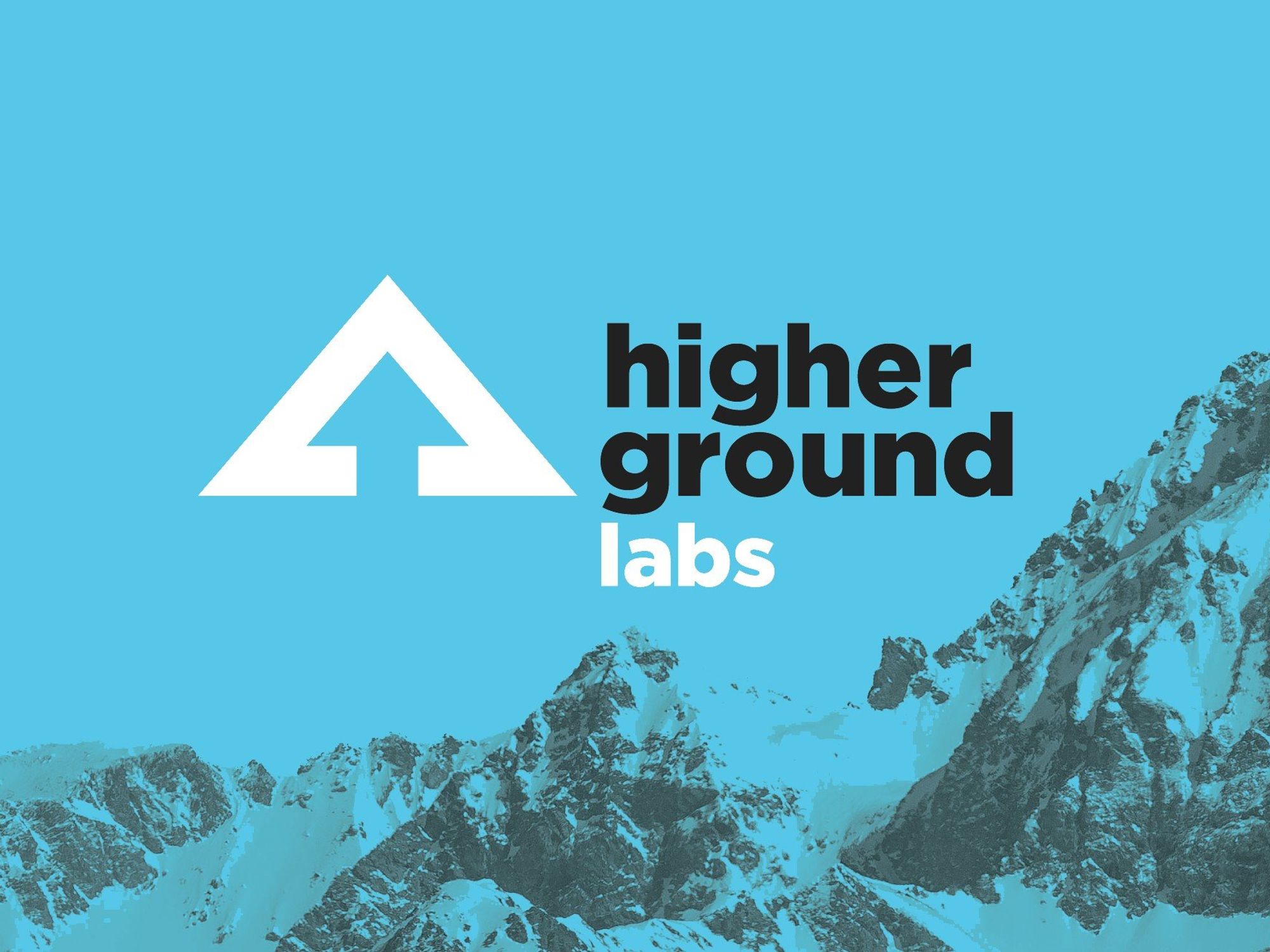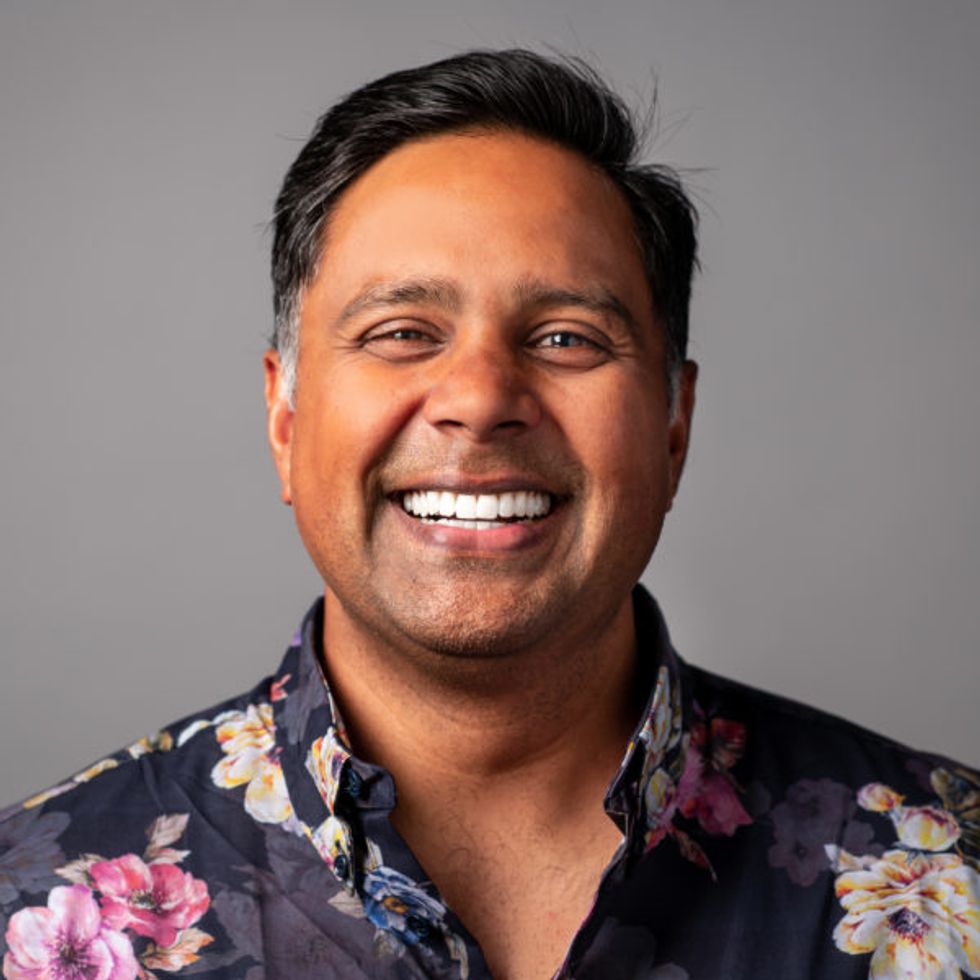The Pandemic Has Hampered Get-Out-The-Vote Operations. Can Technology Pick Up the Slack?
Ben Bergman is the newsroom's senior finance reporter. Previously he was a senior business reporter and host at KPCC, a senior producer at Gimlet Media, a producer at NPR's Morning Edition, and produced two investigative documentaries for KCET. He has been a frequent on-air contributor to business coverage on NPR and Marketplace and has written for The New York Times and Columbia Journalism Review. Ben was a 2017-2018 Knight-Bagehot Fellow in Economic and Business Journalism at Columbia Business School. In his free time, he enjoys skiing, playing poker, and cheering on The Seattle Seahawks.

Longtime Democratic political operative Shomik Dutta had planned to travel to Milwaukee, Wisconsin this week to attend the Democratic National Convention. Instead, like everyone else he is watching at home, in his case in Santa Monica.
He'll miss the electricity of the crowd, the reunion and the parties, but the first virtual campaign and now convention make his work at Higher Ground Labs even more urgent. Dutta backs tech startups he hopes will propel Democrats to retaking the White House and the U.S. Senate.
With the slogan "We're in the business of saving democracy," Higher Ground is not charity. It measures success in the same way other venture capital firms do – return on investment and successful exits. The firm is trying to capitalize on what it says is a 40% increase in tech-enabled campaign spending from 2016 to 2020. Even if the companies it backs wanted to donate their product to campaigns, they are forbidden from doing so under federal election law.

"The thing we've brought to politics is a sense of entrepreneurship," said Shomik Dutta, co-founder and partner of Higher Ground Labs.
Christopher Dilts / HGL"The thing we've brought to politics is a sense of entrepreneurship," Dutta said. "You can have a ton of impact and build defensible for-profit companies and earn a return for your investors and yourself over time."
However, there is one notable limit to Higher Ground's capitalism. "We do not permit the technology to be sold to Republicans," Dutta said. "We are in a national emergency right now and we're very focused on not returning this Republican Party to power."
Dutta has been working in Democratic politics since 2003. He initially met co-founder Betsy Hoover in 2007 on Barack Obama's first presidential campaign when she was a deputy field director and he was coordinating fundraising and get-out-the-vote efforts. (Hoover is based in Chicago.)
They concluded that despite Silicon Valley favoring Democrats, the party was falling woefully behind Republicans in using tech to mobilize voters. A big reason why is that most tech was being developed within campaigns. "It's illegal to transfer that tech out, so that innovation dies," Dutta said. "The Democratic Party has realized they have to externalize innovation outside the party."
Higher Ground has raised $17 million over three years, recently closing its $12 million second fund. It has backed 36 startups and is now seeking to raise a larger third fund.
More than 6,000 Democratic campaigns have used technology from Higher Ground companies including presidential nominee Joe Biden's whose former chief of staff, Ron Klain, is chairman of the firm's advisory board.
The firm's standout companies include Mobilize America, a platform to manage events and recruit volunteers, and Outvote, which helps supporters find and motivate friends registered to vote in swing states.
"It's proven to be a very powerful way to turn people out to vote," Dutta said. "If you focus on your friends in battleground states, we will win this election in a landslide."
Tech has become even more important as two stalwart techniques of getting out the vote — phone banks and door-to-door canvassing — are not possible because of the coronavirus. "You're sure as hell not going to open your door during a pandemic," Dutta said.
Higher Ground has been hosting virtual events this week alongside the convention, including panels on the future of political tech and the role of tech in vote by mail. It will premiere a documentary short it co-produced, Dress Rehearsal, Thursday at 5 p.m. PST, about the virtual-organizing playbook used in the April Wisconsin Supreme Court election last April.
Dutta was especially looking forward to seeing Senator Kamala Harris, a daughter of Indian and Jamaican immigrants, give her acceptance speech Wednesday night. "I'll be watching with my half Indian daughter with tears in my eyes," he said.
Ben Bergman is the newsroom's senior finance reporter. Previously he was a senior business reporter and host at KPCC, a senior producer at Gimlet Media, a producer at NPR's Morning Edition, and produced two investigative documentaries for KCET. He has been a frequent on-air contributor to business coverage on NPR and Marketplace and has written for The New York Times and Columbia Journalism Review. Ben was a 2017-2018 Knight-Bagehot Fellow in Economic and Business Journalism at Columbia Business School. In his free time, he enjoys skiing, playing poker, and cheering on The Seattle Seahawks.




 Image Source: Skyryse
Image Source: Skyryse
 Image Source: Northwood Space
Image Source: Northwood Space